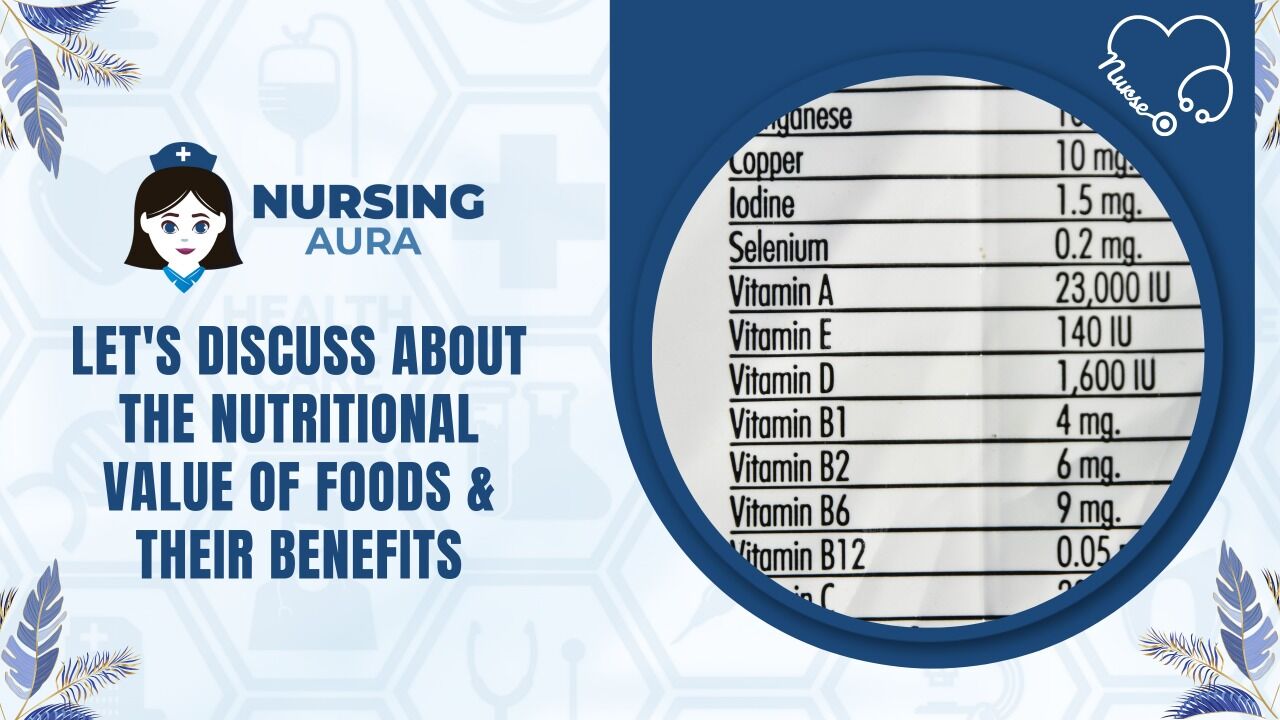A healthy diet is the cornerstone of good health and wellness. Eating a well-balanced diet that encompasses the major food groups ensures that you obtain the variety of macronutrients and micronutrients necessary for disease prevention. Numerous sorts of foods are with varying nutritional contents and value that assist us in various ways, and they are all vital to the body. Let’s discuss these in depth.
Healthy Benefits of Protein Foods
Typically, protein is the highlight of a meal. A fish fillet, chicken breast, or an egg can be the main attraction, with vegetables and grains serving as side dishes. There is a valid argument for that: Proteins and their constituent amino acids serve as the body’s structural components, forming the tissue that comprises bones, muscles, skin, organs, and hair. Protein is also needed for a healthy immune system.
Protein foods varieties – which include beans, nuts, and seeds in addition to fish, meat, and eggs, are rich in specific nutrients and minerals, such as:
- B Vitamins: increases energy production and metabolism.
- Vitamin E: an exceptional antioxidant that combats diseases.
- Iron: Promotes oxygen delivery to muscles and aids in digestion.
- Magnesium: important for protein synthesis, muscle and nerve control, and glucose regulation.
- Zinc: Promotes strong immune function and wound healing.
Whole Grains
Each meal should include many grain-based foods, such as rice, bread, and oat. Grains provide carbohydrates, the source of energy your body needs to get through the day. Grains are also rich in B vitamins and selenium, a mineral that plays an important role in proliferation and protects against oxidative damage and disease.
Additionally, grains are a good source of dietary fiber. This type of carboy is unrefined and contributes few calories. Instead, it passes through the digestive tract and adds weight to faces, making them easier to pass. In addition to lowering cholesterol, fiber prevents some cholesterol from being absorbed into the bloodstream.
The most important thing to remember about grains is that they are not all created equal. When grains are treated, their germ and bran are eliminated, leaving only the bland endosperm. However, wheat and germ include a substantial number of vitamins and fiber. However, the whole grains have not been robbed of nutrition. These foods are far richer in nutritional value and minerals, and their fiber content is significantly more.
Fruits and Green Leafy Vegetable Benefits
Fruits and leafy vegetables are the foods that have the highest nutritional value and are known as nutritious powerhouses. They loaded with disease-fighting vitamins, minerals, fiber, and cancer-prevention agents. Filling the majority of your plate at each meal with fruits and leafy vegetables will significantly improve your health because they are rich in several vital nutrients:
- Vitamin C is a potent antioxidant that is essential for the formation of collagen, which constitutes connective tissue and aids in the healing of wounds.
- Vitamin A is a nutrient that helps the immune system, reproduction, and cell communication.
- Potassium is a mineral that aids nerve and muscle function and regulates sodium levels in the blood.
- Folate is an essential vitamin for growth and improvement and the prevention of birth abnormalities.
The very best superfoods are found among fruits and green vegetables. Superfoods include foods such as blueberries, kale, and açai berries, which are extremely nutrient-dense. Try to incorporate some of these food types into your daily diet.
Protein-Rich Dairy Products and Oils
Not all fats are bad, and some are essential for optimal heart and brain function. Instead of the saturated and trans fats found in fatty meats and poor quality foods, the monounsaturated and polyunsaturated fats found in oils such as olive and canola aid in lowering bad LDL cholesterol and increasing good HDL cholesterol. Also containing healthy fats include nuts, seeds, and fatty fish.
Dairy foods are rich in calcium, which is necessary for strong bones, and vitamin D, which combines with calcium to promote bone health. Aged dairy products, such as yogurt, are excellent providers of probiotics that promote intestinal health. Dairy is also high in saturated fat; thus it is recommended that you choose low-fat and non-fat milk and yogurt and limit your consumption of cheddar, sour cream, and other high-fat dairy foods.

